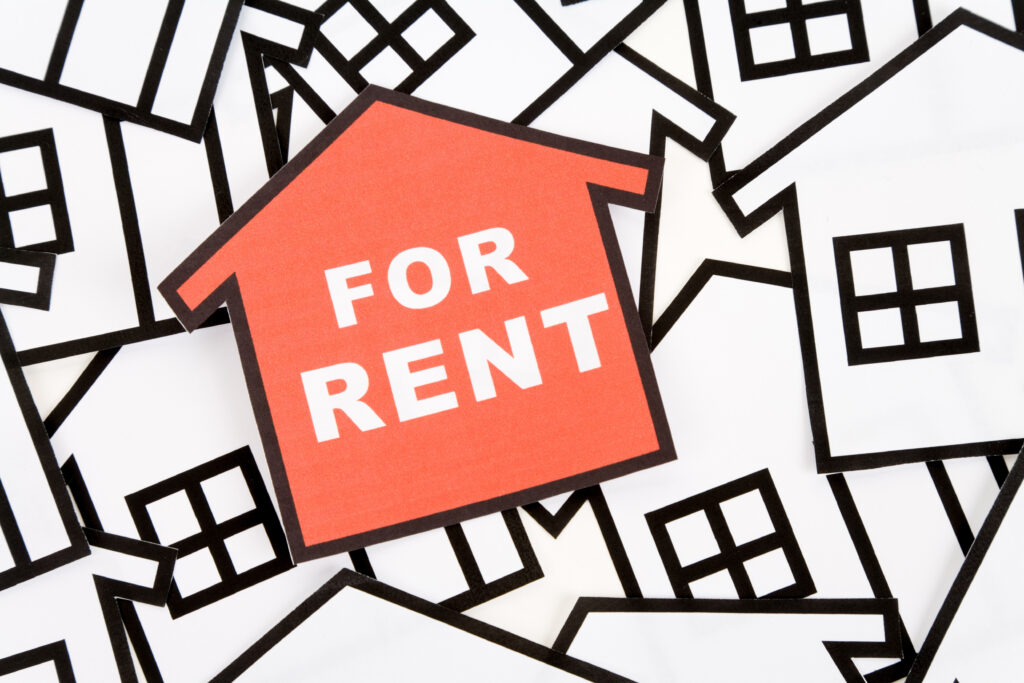
In an era where the rental market is booming, yet fraught with pitfalls, prospective tenants must navigate their housing searches with caution. Unscrupulous landlords and rental scams have become all too common, exploiting the high demand for living spaces. This article provides a comprehensive guide to safeguarding yourself against these nefarious practices, ensuring you find a safe, reliable, and scam-free rental experience.
1. Verify Ownership Before Signing Anything

Before you even consider signing a lease or handing over any money, verify that the person you’re dealing with actually owns the property. Scammers often pose as landlords or agents of properties they don’t own. Check property records through your local government’s website or ask to see proof of ownership. This step is crucial in ensuring you’re entering into a legitimate agreement.
2. Conduct a Physical Inspection of the Property
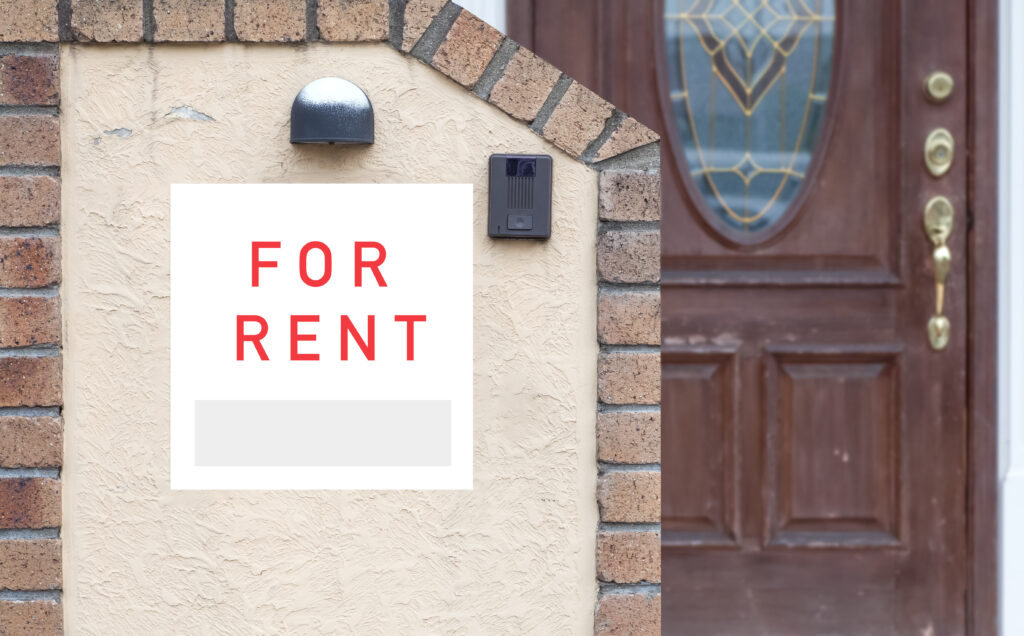
Always insist on a physical inspection of the property before committing to any agreements. Pictures online can be deceiving, outdated, or even of a different property altogether. A real walkthrough will not only allow you to assess the condition and suitability of the rental but also verify its existence and avoid phantom rentals that scam artists advertise.
3. Be Wary of High-Pressure Tactics

Scammers and unscrupulous landlords often use high-pressure tactics to rush you into making decisions. They might claim that the property is in high demand and that you need to act fast. Take your time to research and think over your decision. Genuine landlords will understand the importance of making an informed choice.
4. Research the Average Rental Rates in the Area

Knowing the average rental rates in your desired area can protect you against price gouging. If the rent is significantly below market rate, it could be a scam designed to attract desperate tenants quickly. Conversely, excessively high rates without justification should also raise red flags. Use online real estate platforms and local housing groups to gauge appropriate prices.
5. Insist on a Formal Lease Agreement

A formal, written lease agreement is your best defense against potential fraud and misunderstandings. Ensure that the lease includes clear terms about the rent, deposit, lease duration, and maintenance responsibilities. Be wary of landlords who prefer verbal agreements or seem hesitant to put things in writing.
6. Never Pay Cash for Deposits or Rent
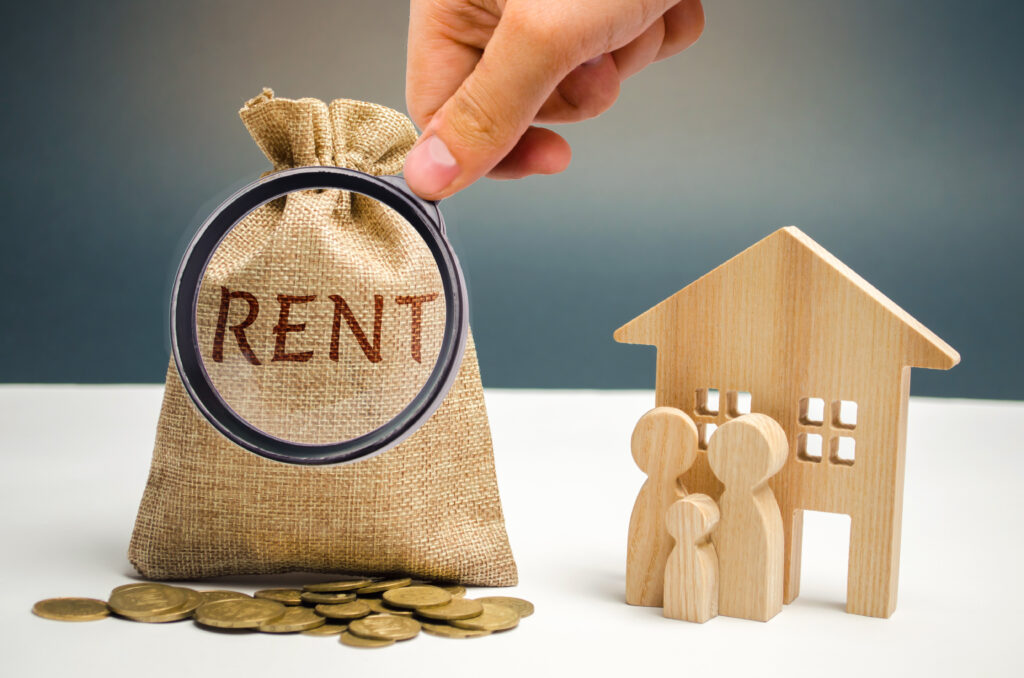
Paying with cash leaves you with little proof of payment and is a preferred method for scammers. Always insist on making payments via methods that provide a transaction history, such as bank transfers or checks. This not only ensures a trail of your payments but also provides you with legal recourse in case of disputes.
7. Be Skeptical of Overly Generous Offers
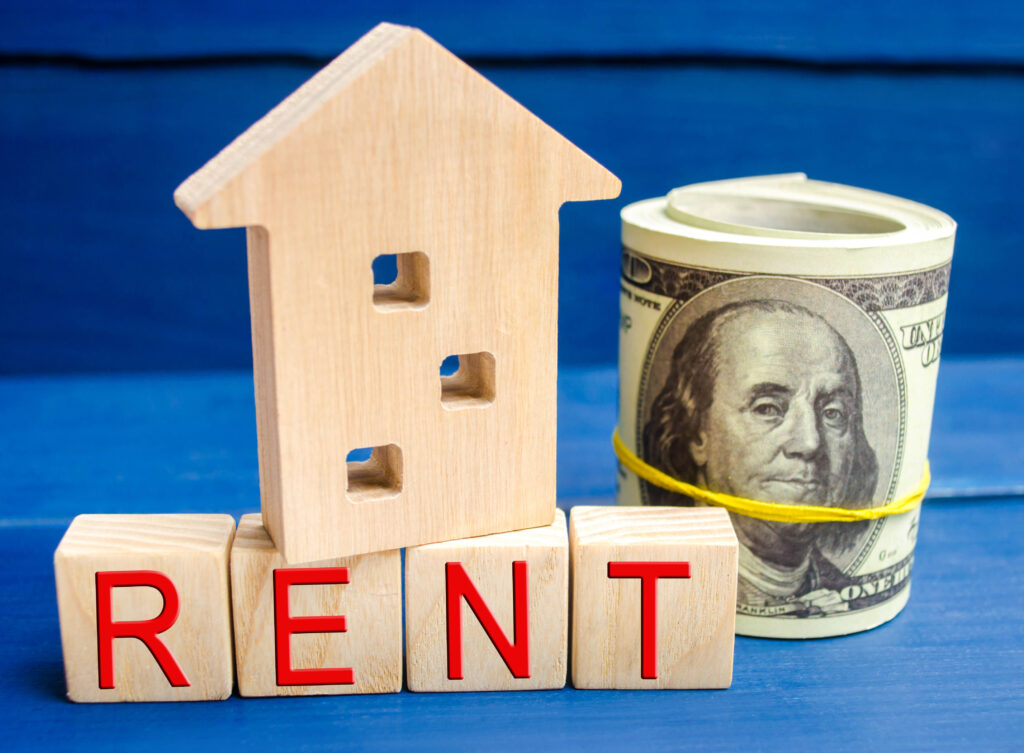
If a deal seems too good to be true, it probably is. Scammers often lure victims with offers that are significantly better than anything else on the market. Always question why a landlord would offer such a deal and conduct thorough due diligence before proceeding.
8. Use Trusted Rental Websites and Services
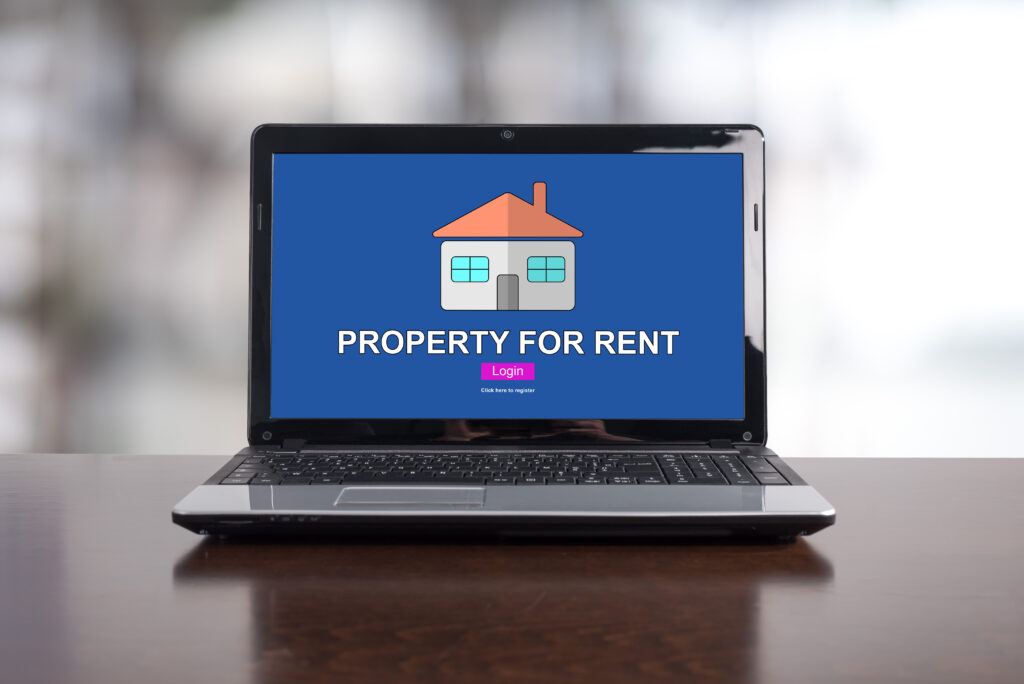
Stick to well-known and reputable rental websites and services. These platforms often have verification processes for landlords and listings, reducing the risk of scams. Avoid using sites with no moderation or verification processes, as they are hotbeds for fraudulent listings.
9. Check the Landlord’s References
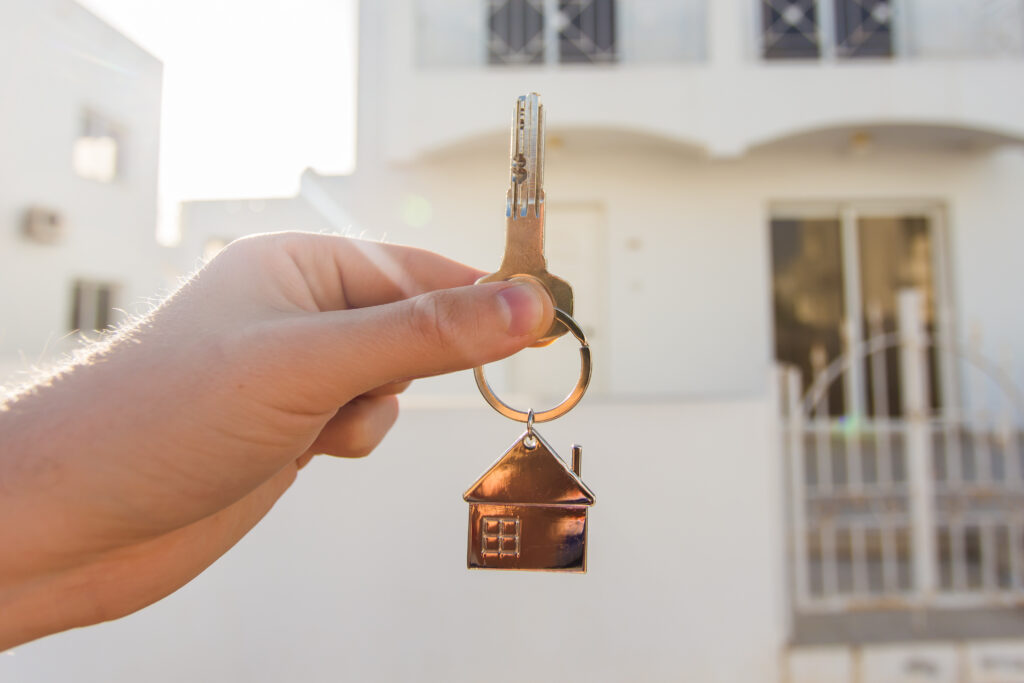
Ask for references from previous tenants if possible. Speaking to former tenants can give you insight into the landlord’s practices and the property’s history. Be cautious if the landlord is unwilling to provide references or if the references seem fabricated.
10. Understand Your Rights as a Tenant
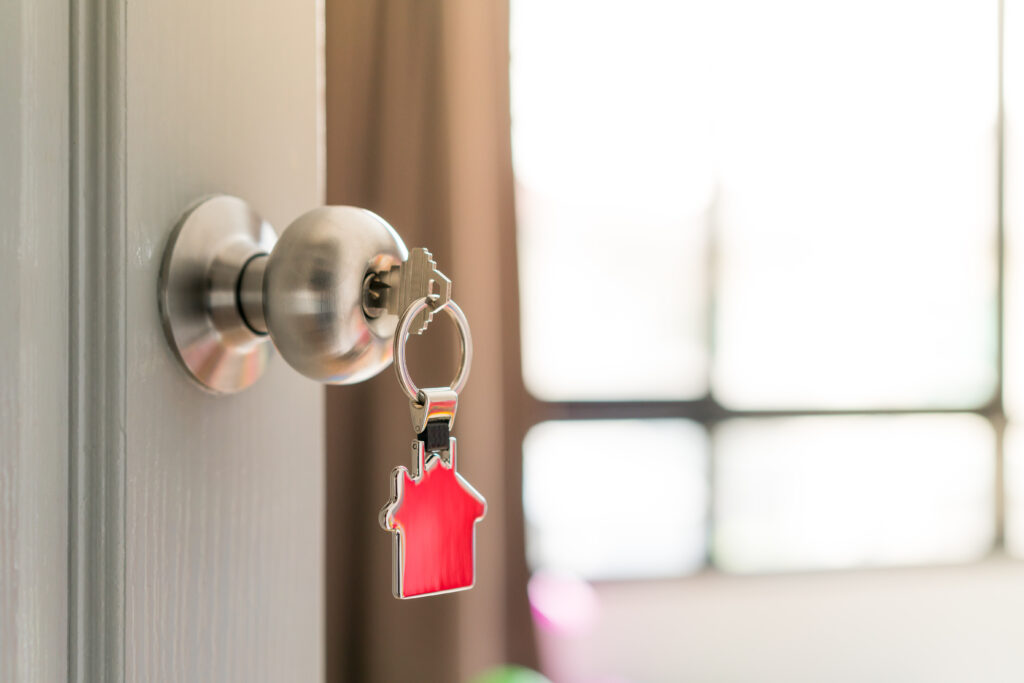
Familiarize yourself with tenant rights in your jurisdiction. Knowledge of your legal rights and responsibilities can protect you from exploitative practices. Most regions have specific laws regarding deposits, evictions, and maintenance obligations. Knowing these can help you spot irregularities in your lease agreement or landlord’s demands.
11. Report Suspicious Listings or Behavior

If you encounter a scam, report it to the appropriate authorities and online platforms where the listing was posted. Your action can help prevent others from falling victim to the same scam. Local consumer protection agencies and law enforcement are good starting points for reporting fraudulent activity.
12. Trust Your Instincts

Lastly, trust your instincts. If something about a listing or landlord feels off, it’s better to err on the side of caution. There are plenty of legitimate rental opportunities out there, so don’t rush into something that doesn’t feel right.
These Tips Will Help Reduce Your Risk of Falling Victim to Rental Scams
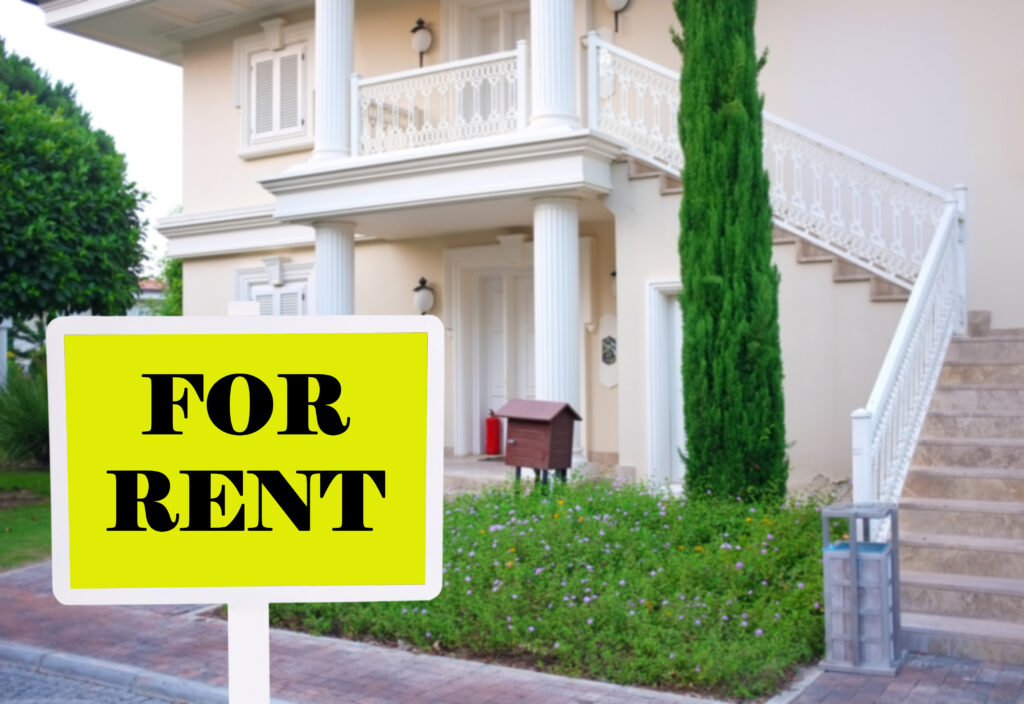
By following these 12 tips, you can significantly reduce your risk of falling prey to rental scams and unscrupulous landlords. The key is to remain vigilant, informed, and cautious throughout your search for the perfect rental. Remember, securing a safe and comfortable home is paramount, and taking the time to protect yourself will pay off in the long run.
Read More
- 17 Strange Beauty Products That Actually Work Wonders
- Retirees Are Moving To These 10 States In Droves-Is Your State One Of Them?

